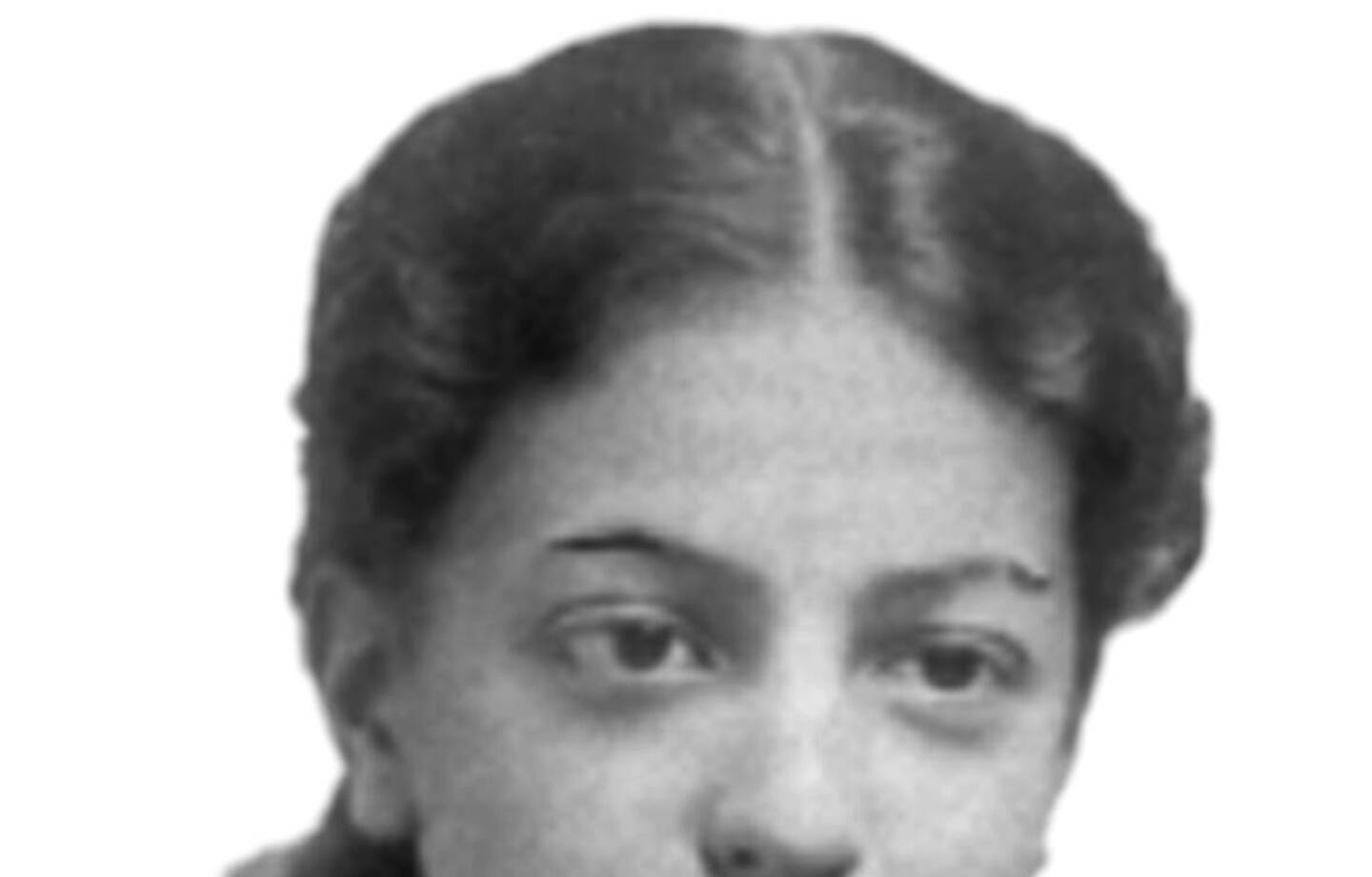Djuna Barnes and Angelina Weld Grimké
The monk is called to a village to fix a grave spiritual malady (not unlike the mold issues in Leviticus). Monk retreats to a cave and meditates for a long, long time. Monk comes out of his cave, declares problem solved.
What kind of gnosis happens in such cases?
I propose to myself, it's something like what Djuna Barnes said.
“I'm not a lesbian. I just loved Thelma.”
I try this on for myself, thinking, "I'm not a modernist, I just fell in with three generations of Princetonians".
And, yes, that was a boys' club. And TE Hulme came to me through one of those Princetonians -- Frank Brickle. Hulme understands the monk and the Chinese landscape poet/painter.
The monks come from aristocratic families getting dusty, "helping on the big chariot" (Li-po, trans Arthur Whaley), until the child is born who grows up to say, "no! I will not help on the big chariot.", becoming a monk or artist.
The Chinese landscape poets & painters came from families who were in it enough to see the good in getting out? TE Hulme, likewise? The pre-WWI, unpolitical Thomas Mann, likewise? Djuna, no less?
I touched upon, glanced against this with a Sarah Lawrence student, "Is it even art if it's not political?", she asked. And now I ask myself what she would make of Djuna's comment.
This has nothing to do with Rick, and I've had my Rick moment. An idiot wants to destroy the US. I'm dusty.
Through my dusty work with The Village Trip, I fell in with Kitty Brazelton. My wife Joan Forsyth was her colleague at Bennington for many years, but I had not worked with her. I fell in with her because Joan got Kitty to write for TVT 22, and Kitty wrote this --
I find it powerful. But others, many others single it out from the TVT programming. So I included it in TVT 23, mixed up with modernists at Loft393 and at a few other venues including Sarah Lawrence.
For TVT24 Kitty & I recruited Ian Walker to be librettist to make an opera about Angelina Weld Grimké.
This morning I awoke with the illusion that I'd found some clarity about the connection between Djuna Barnes AW Grimké.
The poet's father was mentored by his aunts, the famous abolitionist Grimké sisters of South Carolina. He was educated at Harvard, became a lawyer and ambassador and was a key figure, along with Du Bois, in the formation of the NAACP. His daughter's happiness in love -- passsionate affairs with women -- had to be sacrificed for the cause of the advancement of colored people.
I love the transparency of the story. And will anyone agree on what it says, transparently?
Let's keep in mind José Esteban Muñoz's comment in his book Cruising Utopia --
"The present is a prison house."
and
"Queeness is a structuring and educated mode of desiring that allows us to see and feel beyond the quagmire of the present."
1880 – 1958
Twilight—and you
Quiet—the stars;
Snare of the shine of your teeth,
Your provocative laughter,
The gloom of your hair;
Lure of you, eye and lip;
Yearning, yearning,
Languor, surrender;
Your mouth,
And madness, madness,
Tremulous, breathless, flaming,
The space of a sigh;
Then awakening—remembrance,
Pain, regret—your sobbing;
And again, quiet—the stars,
Twilight—and you.

